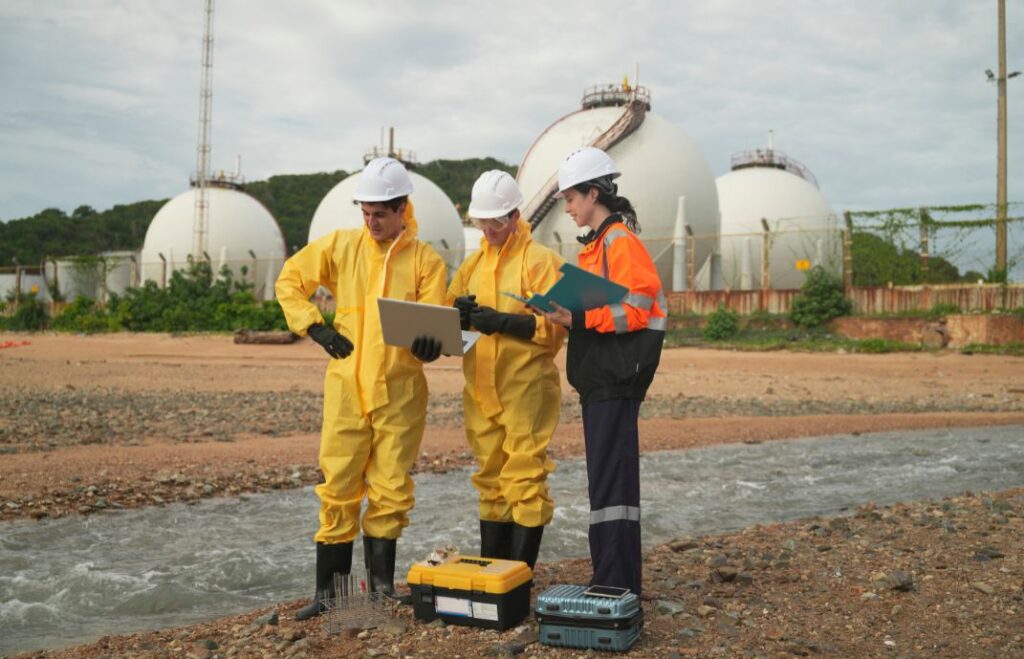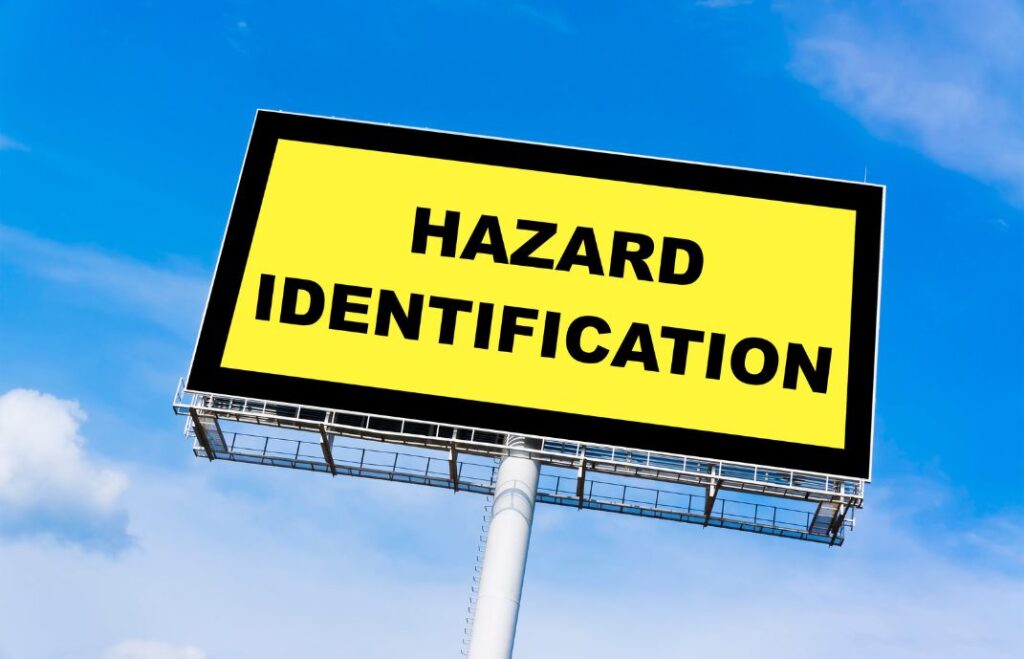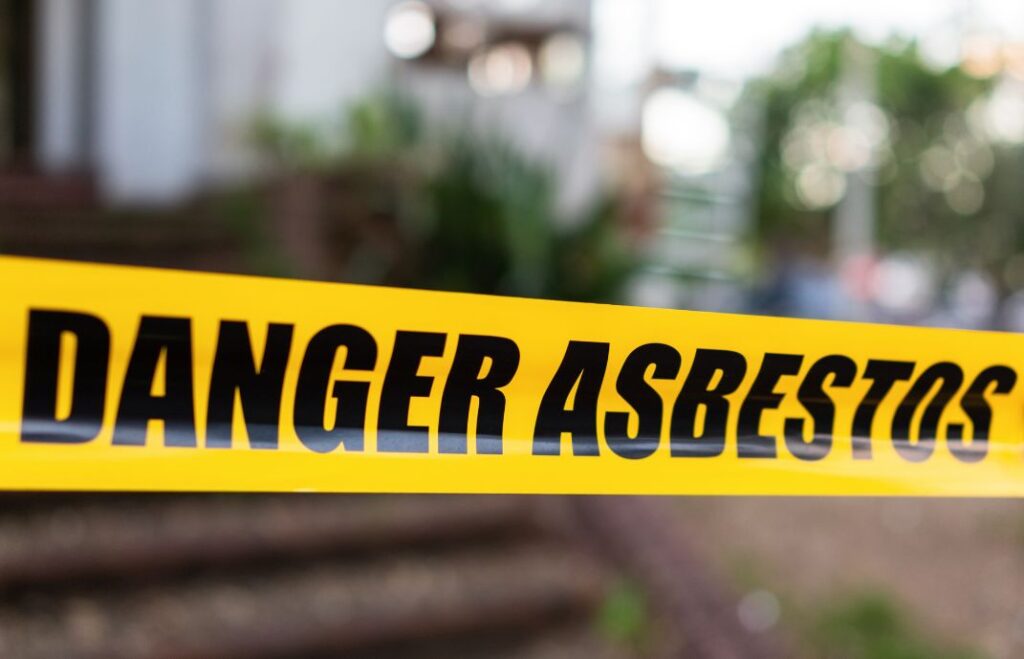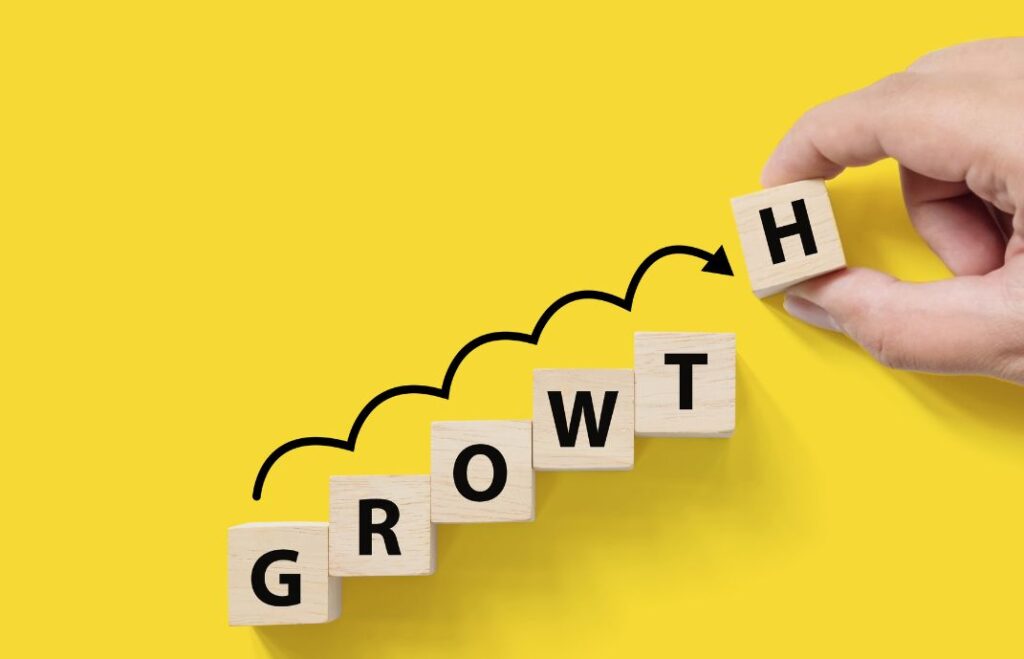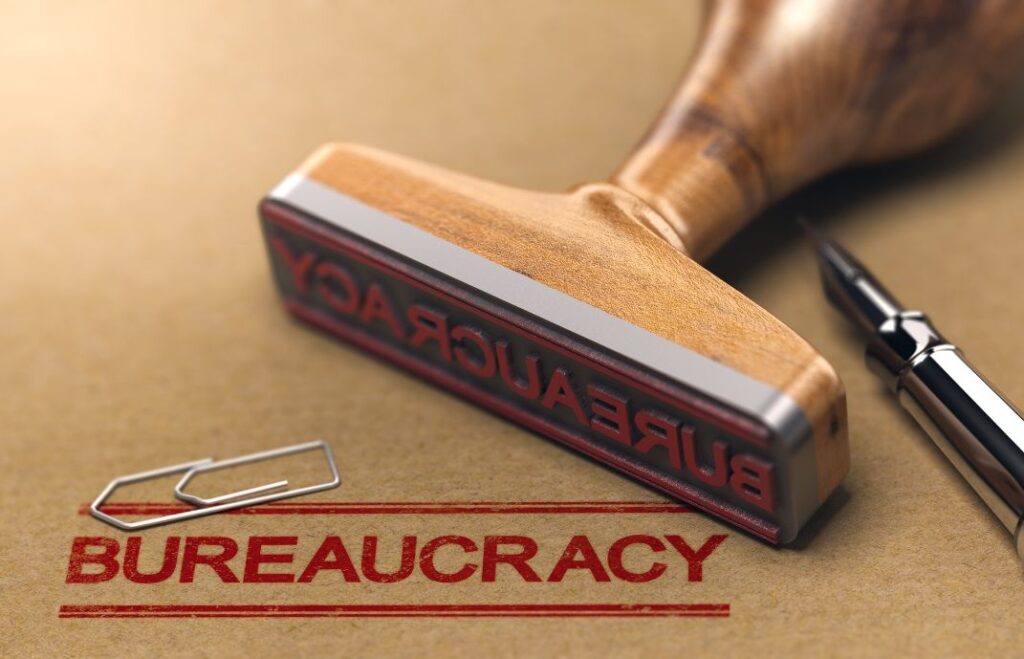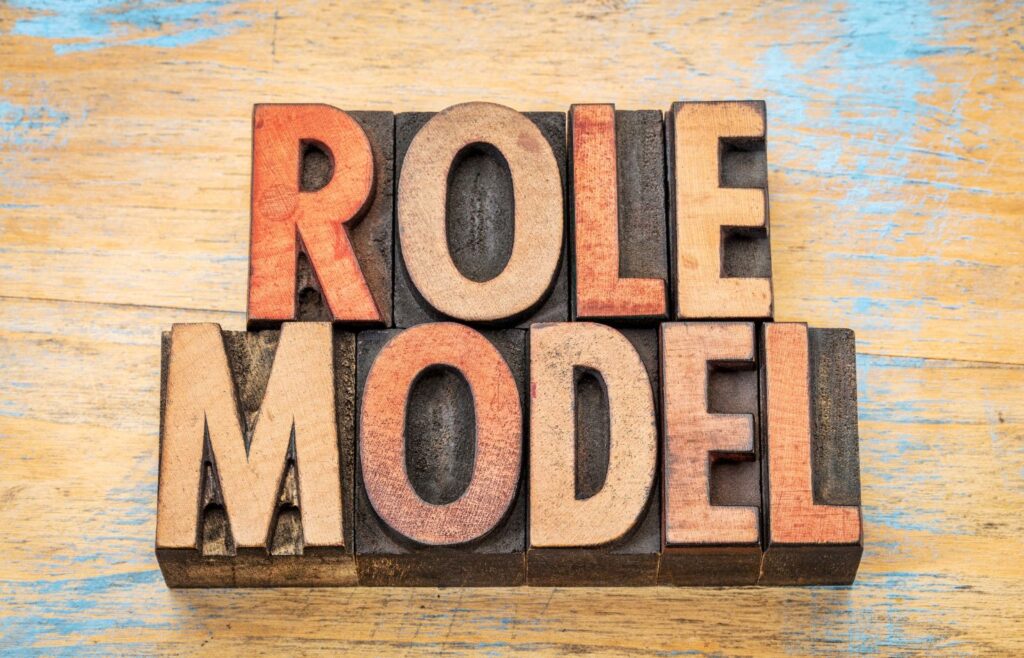
In many cases, the demolition crew has a job of dismantling economically, physically, and functionally obsolete buildings.
By Dan J. Harkey
Summary
The process is slow due to regulations, environmental concerns, and the economic viability of the conversion. Add: engineering and seismic upgrades, parking, security, and positioning of lighting for openness. However, some buildings fail to be candidates for conversion.
Working from home has significant advantages. Lifestyle, commuting time saved, avoiding office bureaucracies, useless meetings, interoffice politics, and clutter in our economic lives are some of them. For the intrinsically motivated people, this has been a godsend. The marginal and parasitic class of workers were unintentionally delivered into a free lunch until companies wise up and fire them. It began with the government’s overreach and excessive force in response to the COVID-19 fraud. The government’s brute force created a mass exodus of office workers, millions never to return.
Radicalized governance triggered the law of unintended consequences. If the government works to kill businesses, they will leave and seek out more friendly states to operate in. Suppose the government kills offices, commercial corridors, and residential neighborhoods, allowing preferential treatment to large corporations, tolerating violence and criminal behavior. In that case, people will move out and seek more business-friendly and safer environments. That is what happened when we allowed dark forces to take over the government from within.
Occasionally, a technetronic shift emerges, such as the convergence of technology, electronics, and culture, that enables us to work from home, make purchases online, and utilize Uber or Lyft-style transportation.
Add the public’s response, which has created a shifting paradigm, marked by a significant reduction in the demand for traditional office spaces and a shift towards remote work. This has led to a real mess in some cities, with once-bustling office buildings now standing empty and obsolete, a clear sign of the irreversible change in our work culture.
article continues after advertisement
Article:
A Reflection on the Impact of Remote Work on Urban Office Development: The ‘Shifting Paradigm,’ a term I use to describe the significant changes in the real estate market due to the rise of remote work. This term refers to the profound shift in work patterns and the subsequent impact on urban office development.
One of the many and most significant unintended consequences of the COVID-19 lockdowns is that employees and organizations have increasingly adopted remote work arrangements from home. This shift, which I refer to as a ‘seismic shift in work patterns,’ a term I use to describe the unprecedented and fundamental change in how we work, has significantly altered how we work, leading to a substantial reduction in the demand for traditional office spaces.

The downside is that this new in-homeworking paradigm returned to haunt many prominent perpetrators who benefited most from the lockdowns. They were the mega-giant investment firms, large corporations, big pharma, and mainstream media-entities considered systemically too essential and exempt from many devastating consequences. These entities are now facing the challenges of a remote work environment.
The workforce has shown remarkable adaptability in the face of economic challenges, transitioning to remote work with innovative solutions such as Zoom meetings. The proliferation of software programs that facilitate the elimination of marginal employees and create a more efficient and leaner staff is a testament to our resilience and the potential for positive change in the face of adversity. This adaptability should instill confidence in us all for the future.
This shift, now the norm for tens of millions, has proven that we can be more efficient and productive than in a traditional office setting. Out of a workforce of 154,000,000, 12.2% work remotely full-time and 4.7% one-half time. This model is effective and holds promise for the future of work culture, offering a hopeful and inspiring outlook for the post-pandemic world.
https://remote.com/blog/remote-job-roles
https://www.usatoday.com/money/blueprint/business/hr-payroll/remote-work-statistics/

The benefits of remote work are numerous and promising, offering reduced traffic, flexibility to work at the most productive hours, increased productivity, and, most importantly, freedom from company politics and ideologies. This shift has allowed many, including myself, to work in a way that suits our natural rhythms, such as being a morning rather than a night person. We can work or be semi-retired, and it’s up to us. I am usually up by 4 am.
The economic implications of this shift are profound, particularly in the real estate market. Once bustling with activity, tower office buildings now stand empty and obsolete. The lack of demand for office space and a higher interest rate environment have intensified the strain on owners. At least 1 billion square feet of vacant and unoccupied office space in the U.S. requires repositioning.
The obvious answer is that office space should be converted to residential occupancy whenever possible, with special financing vehicles for construction and tax credits to help make the transition viable. This shift is a change in work culture and a significant economic transformation that necessitates the urgent adaptation of property owners, lenders, and the government. The government initiated this mess as a political power grab and needs to take the lead in rectifying the situation. The time for action is now.
Office buildings are typically classified as Class A, B, or C in the commercial real estate sector. The differences are subjective, encompassing pricing, location, construction quality, and amenities. Thousands of primarily Class B and C buildings need help staying afloat, with some experiencing a decline of 50% or more in their value.
https://www.statista.com/topics/3240/office-real-estate-in-the-us/#topicOverview
https://www.zerohedge.com/markets/chinese-offices-emptier-now-during-peak-covid-lockdowns-economy-crumbles
article continues after advertisement
Despite the challenges posed by the remote work trend, major owners like Brookfield, Blackstone, and Starwood Capital Group are victims of the “shifting paradigm,” A term used to describe the significant changes in the real estate market due to the rise of remote work. Many have chosen to adapt by abandoning older towers in downtown areas.
Renovations or repositioning of the building need to be revised. How about a 345,000-square-foot office building in Baltimore selling for $4 million, or $12 per square foot? There are hundreds of examples of office towers selling for pennies on the dollar, resulting in earthshaking losses for property owners and lenders who foreclose on the defaulted properties. Lenders may be commercial banks, life insurance companies, or vehicles with securitized offerings.
Additionally, on the commercial property front, the long-lasting impact of the COVID-19 fallout is that small businesses are under severe stress due to changing consumer habits. Consumers are financially stressed and lack the funds to spend. In particular, companies that rely on office workers are closing up shop. At this point, 40% of all restaurants are expected to close their doors for various reasons, including reduced foot traffic, rising prices, increased street crime, and regulatory challenges. With this will come commercial vacancies that will be released if new, willing tenants understand how tricky the restaurant business is. There are currently more than 1 million restaurants in the U.S., of which 70% are small, single-unit operators.

The second most prominent reason for moving to remote work is that progressive-leaning governments exacerbate the crashing prices by overlooking criminal activities and defunding police departments. Crime-ridden metro cities include Detroit, Memphis, Birmingham, Baltimore, St. Louis, Kansas City, Cleveland, Little Rock, Milwaukee, Stockton, Los Angeles, San Francisco, Oakland, and Seattle. However, considering the complex factors in these cities’ economic situations, such as high crime rates, housing affordability, and social inequality, is essential.
There is no end in sight, and nothing will change unless the metro leadership is replaced in primarily progressive-leaning cities and towns, which are based on Marxist governing ideologies. The rule of law (law and order) must be re-established, and this change is necessary and within our reach. It’s time for a call to action and a potential solution to the current situation.
Leaving urban blight and moving into the suburbs is part of the ‘Shifting Landscape.’ This shift presents an opportunity for positive change in urban and suburban development. We must address the issue of criminal acts going unpunished to ensure a balanced and safe urban environment. This is a matter of economic survival and a fundamental requirement for a thriving society.

Dan Harkey
Educator & Private Money Real Estate Lending Consultant
[email protected] 949 533 8315
www.danharkey.com





